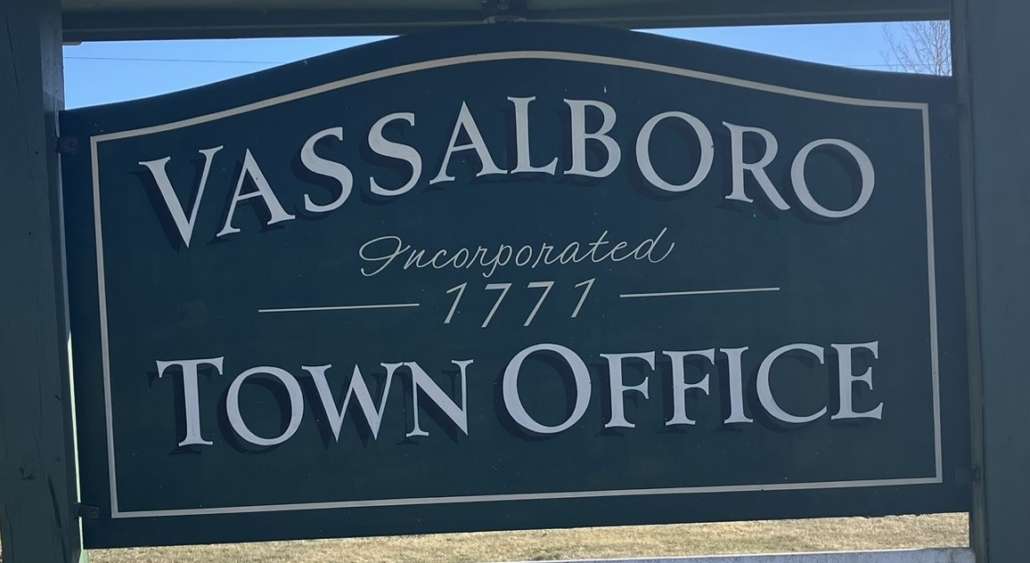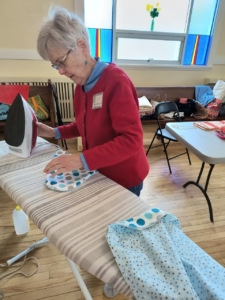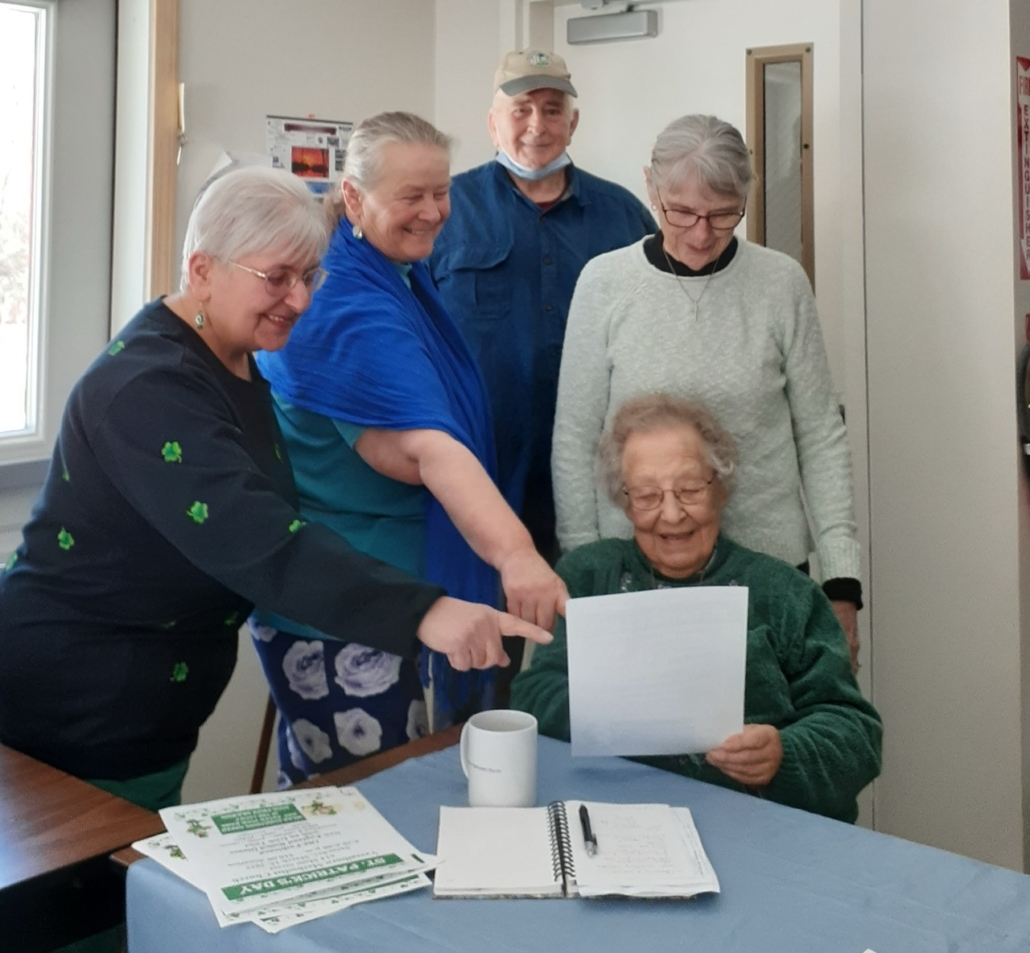Vassalboro school board honors girls basketball team

Vassalboro Community School girls basketball team, 2025 Sheepscot Valley Athletic Conference, undefeated champions. (The Town Line file photo)
by Mary Grow
Vassalboro School Board members began their March 11 meeting by recognizing the Vassalboro Community School girls’ basketball team, who won the 2025 Sheepscot Valley Athletic Conference championship with a 12-0 record. (See the photo on p. 8 of the March 13 issue of The Town Line.)
“From worst to first,” Coach David Trask summarized: last year, he said, the team didn’t win a single game, though they steadily improved. He said the junior varsity girls also had an undefeated season this year.
Trask and Athletic Director Traci Tibbetts both coach basketball, but Trask said because Tibbetts has many other duties, he has worked with the teams. He praised them as a “great group of girls” supported by “fantastic parents.”
At the end of the meeting, board members recognized two other students: eighth-graders Savannah Judkins and Agatha Meyer were waiting to learn on March 14 whether their applications to the Maine School of Mathematics and Science (MSSM) had been accepted.
On March 14, both girls learned they have been accepted at the specialty school, in Limestone, Superintendent Alan Pfeiffer reported.
At the school board meeting, the girls’ parents and board members discussed whether Vassalboro taxpayers can be asked to help cover room and board expenses at MSSM, as part of the school budget. Pfeiffer explained that the State of Maine pays tuition there; Vassalboro gets no subsidy or reimbursement. Neither the state nor the town covers room and board, which people said costs close to $11,000 a year.
Pfeiffer pointed out that if the students attended Erskine Academy instead, the tuition – paid by the town, mostly reimbursed by the state – would be more than that.
School board members decided they should develop a policy. Needing time to consider it, they postponed a decision to their April meeting.
Board member Zachary Smith, whose son Judson is in his first year at MSSM, said MSSM’s financial aid information comes out in June and families’ payments are due beginning in July.
In other business March 11, board members reviewed the first draft of the 2025-26 school calendar. Pfeiffer explained that every year, state education officials send a suggested schedule; he coordinates with Waterville and Winslow, since they and Vassalboro share many administrators; and the school board tweaks the final version to meet specific Vassalboro needs.
One outstanding question is whether November 2025 voting will be held at Vassalboro Community School, and if it is, how to compensate for missing a day of classes.
After another brief discussion of school board members’ stipends, board members voted unanimously not to recommend an increase this year.
Each Vassalboro board member currently receives $400 a year, a figure Board Chairman Jolene Gamage said has not changed for more than a decade. Gamage’s figures showed Vassalboro select board members receive $2,580 a year with an additional $500 for the chairman. Waterville and Winslow school board members’ per-meeting stipends add up to well over $400 annually.
Pfeiffer reported with pleasure that Vassalboro has hired a new bus driver. Board members confirmed her appointment.
The next regular Vassalboro School Board meeting is scheduled for 6 p.m., Tuesday, April 8. Before then, board members have 2025-26 budget discussions scheduled for 6 p.m., Tuesday, March 26; but Pfeiffer said if he does not receive information on 2025-26 insurance costs in time, the meeting could be postponed.










